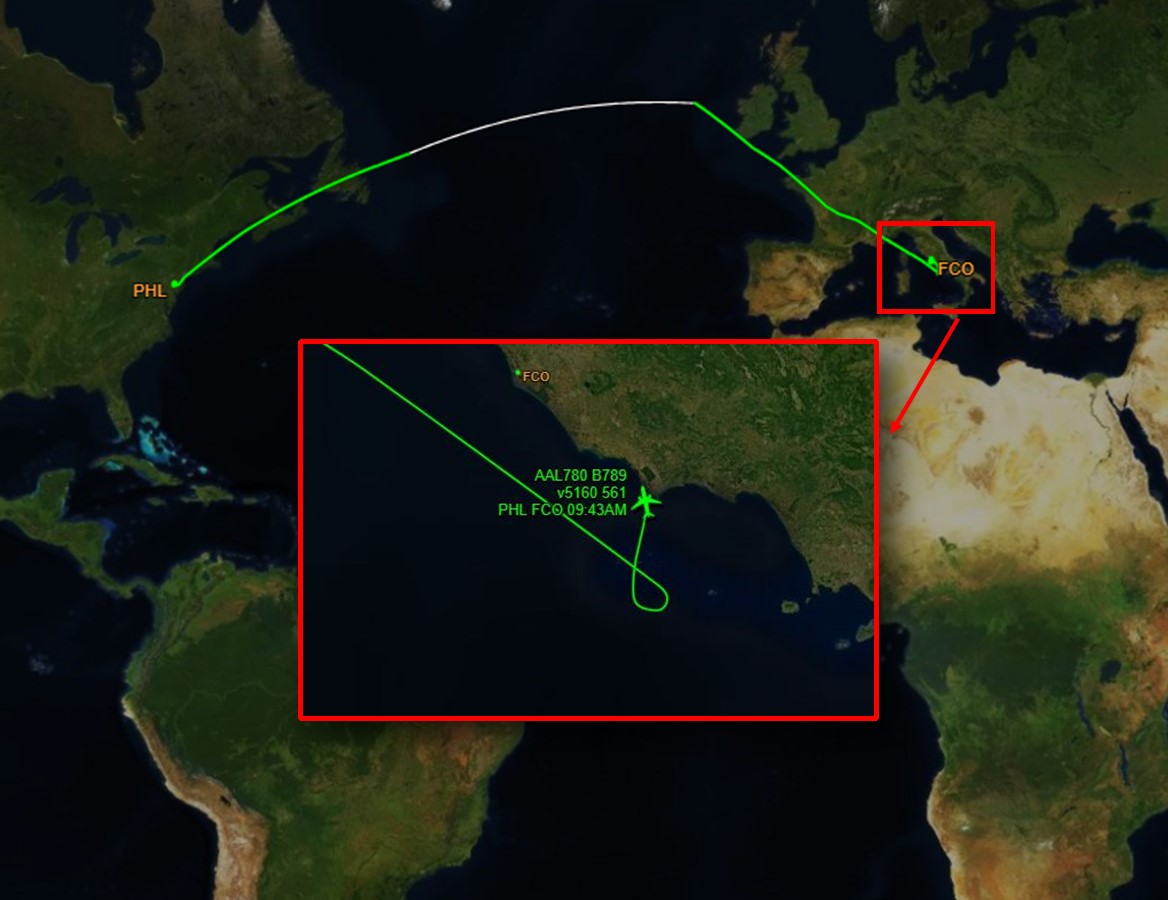Pinto-Correia again

The analysis of the tax benefits granted between 2020 and 2023, as presented in the Public Finance Council report (CFP), stresses that the Madeira Free Zone, aka Madeira International Business Center (Cin), is far from the largest focus of 'tax expense' in Portugal. The reality of the numbers shows that the truly significant tax benefits are not in CINM, but in regimes such as the System of Business Investigation and Development (SIFIDE) and the Investment Support Tax Regime (RFAI).
The data collected by the CFP and demonstrate that 60% of the tax expense corresponds to reduced VAT rates, including normal rates applied in the autonomous regions, a value that represents about 10 billion euros of the total 17 billion. The incentives of the non -usual resident regime (RNH) and Cinm make only 8% of the total (1.3 billion euros), authentic fictional tax expense – paraphrasing Professor Sérgio Vasques of the Portuguese Catholic University.
Within this context, CINM represents a very small slice of 'tax expense', with 73.92 million euros in 2023, a value far less than SIFIDE's 656.9 million, to the 225.6 million RFAI or 225.6 million tax benefits in vehicle tax (ISV). Still, CINM is often the target of disproportionate scrutiny, when the true question should be the overall structure of tax benefits, where the biggest incentives can hardly be eliminated without relevant economic impact and the minors do not represent significant revenue for the Government of the Republic.
CFP shows that tax benefits are concentrated in industrial sectors, commerce and automotive sector, with most tax support to be absorbed by large companies with annual business volumes over 250 million euros. Cin, on the contrary, follows a much more restrictive regime, with job creation requirements and investment in the Autonomous Region of Madeira (RAM), ensuring a direct impact on an overseas economy.
If there is a tax justice problem to be debated, it is not Cinm, nor the old RNHS regime, which must be at the center of the discussion. The most large tax benefits are highly concentrated in continent companies, located in the richest nuts in the country (Lisbon, North and Center). Even so, Cinm seems to have to justify its existence repeatedly, while other much more expensive regimes continue to be accepted without major public or political contestation.
It is recalled that the creation of CINM was intended to mitigate the structural disadvantages of Madeira, resulting from its ultra-periphery, ensuring that the region remains competitive in the international scene. Cinm licensed companies pay taxes in Portugal and are subject to supervision, contrary to the wrong perception that it is a 'fiscal paradise' or that it is a 'tax expense'. While other European and international jurisdictions offer similar or even more advantageous tax regimes, Maintenance and Increased Competitiveness of CINM is not only a matter of competitiveness, but also of regional and tax justice.
The debate on tax benefits should focus on simplifying the system, reducing the administrative burden and improving transparency, without, however, dismantling regimes that really contribute to economic growth, such as CINM. This tax regime is legitimate and necessary, ensuring economic development, IDE capture and tax collection for the country. The real question is not its existence, but the need to reevaluate which tax benefits actually make the difference and which only encourage the country's litorization.
Economist







